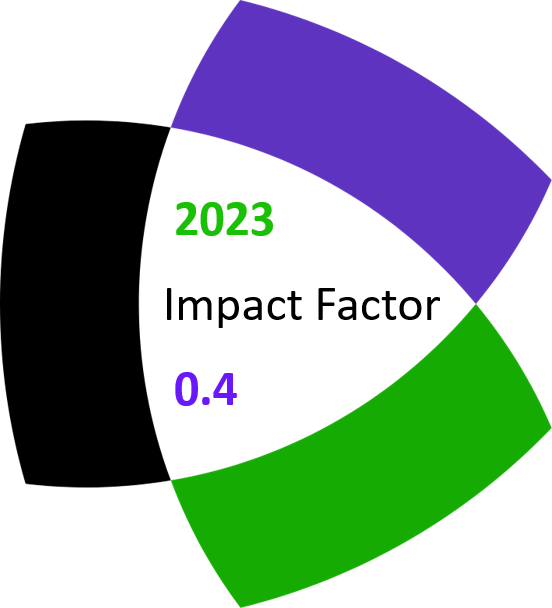Keneth Adrian Precillas Dagal and Jose Arnaldo Bebita Dris
Notes on Number Theory and Discrete Mathematics
Print ISSN 1310–5132, Online ISSN 2367–8275
Volume 27, 2021, Number 2, Pages 12–19
DOI: 10.7546/nntdm.2021.27.2.12-19
Full paper (PDF, 203 Kb)
Details
Authors and affiliations
Keneth Adrian Precillas Dagal ![]()
Nasser Vocational Training Centre, Bahrain
Jose Arnaldo Bebita Dris ![]()
M. Sc. Graduate, Mathematics Department
De La Salle University, Manila 1004, Philippines
Abstract
In this note, we show that if N = qkn2 is an odd perfect number with special prime q, and N is not divisible by 3, then the inequality q < n holds. We then give another unconditional proof for the inequality q < n which is independent of the results of Brown and Starni.
Keywords
- Descartes–Frenicle–Sorli conjecture
- Odd perfect number
- Special prime
- Abundancy index
2020 Mathematics Subject Classification
- 11A05
- 11A25
References
- Acquaah, P., & Konyagin, S. (2012). On prime factors of odd perfect numbers, International Journal of Number Theory, 8, 1537–1540.
- Beasley, B. D. (2013). Euler and the ongoing search for odd perfect numbers. ACMS 19th Biennial Conference Proceedings, Bethel University, May 29 to Jun. 1, 2013.
- Brown, P. A. (2016). A partial proof of a conjecture of Dris. Preprint. Available online at: http://arxiv.org/abs/1602.01591.
- Dris, J. A. B. (2008). Solving the Odd Perfect Number Problem: Some Old and New Approaches. M.Sc. thesis, De La Salle University, Manila, Philippines, http://arxiv.org/abs/1204.1450.
- Dris, J. A. B. (2012). The abundancy index of divisors of odd perfect numbers. Journal of Integer Sequences, 15, Article 12.4.4.
- Dris, J. A. B. (2017). On a curious biconditional involving the divisors of odd perfect numbers. Notes on Number Theory and Discrete Mathematics, 23(4), 1–13.
- Nielsen, P. P. (2007). Odd perfect numbers have at least nine distinct prime factors. Mathematics of Computation, 76, 2109–2126.
- Nielsen, P. P. (2015). Odd perfect numbers, Diophantine equations, and upper bounds. Mathematics of Computation, 84, 2549–2567.
- Ochem, P., & Rao, M. (2012). Odd perfect numbers are greater than 101500. Mathematics of Computation, 81, 1869–1877.
- Sorli, R. M. (2003). Algorithms in the Study of Multiperfect and Odd Perfect Numbers. Ph.D. Thesis, University of Technology, Sydney. Available online at: http://hdl.handle.net/10453/20034.
- Starni, P. (2018). On Dris conjecture about odd perfect numbers. Notes on Number Theory and Discrete Mathematics, 24(1), 5–9.
- Various contributors. Great Internet Mersenne Prime Search. Available online at: http://www.mersenne.org/, last accessed: 08/13/2020.
Related papers
Cite this paper
Dagal, K. A. P., & Dris, J. A. B. (2021). The abundancy index of divisors of odd perfect numbers – Part II. Notes on Number Theory and Discrete Mathematics, 27(2), 12-19, DOI: 10.7546/nntdm.2021.27.2.12-19.


